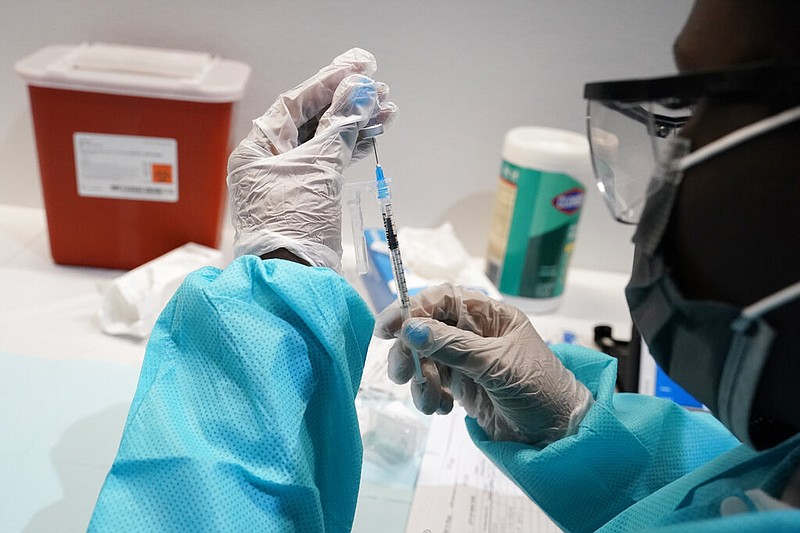The U.S. economic recovery is being threatened by the COVID-19 delta variant. Increasing vaccination rates is the most important thing the U.S. can do to sustain the economy over the next few months. Beyond that, however, full recovery might require creating new vaccines against delta and other emerging variants.
U.S. stock markets and Treasury yields took big dips in recent days before rebounding. Despite the bounce-back, the volatility is evidence that investors are worried about the health of the recovery. It's not just markets, either - there are some concrete signs of economic weakness, such as a week with an unexpectedly high number of initial jobless claims. The lights aren't flashing red yet, but these are clear warning signs.
The obvious reason is the delta variant of COVID-19. This variant has become the dominant strain in the U.S. As a result, cases are rising again.
The economic risk isn't a renewed policy of lockdowns and mandatory social distancing; the American populace and government officials seem to have had their fill of such restrictive measures. But in fact, lockdowns were never a very big contributor to the economic devastation of 2020. Evidence on the timing and the strictness of government-mandated social distancing measures has shown that economic harm occurred pretty much regardless. Nor did state-level reopenings give economies much of a boost.
But if lockdowns weren't what hurt the economy, what was it? It was simply widespread fear of the virus. The existence of a deadly, highly contagious plague is a powerful reason to order from Amazon.com instead of going to a store, or to dine at home instead of going to a restaurant. Some people went out, heedless of the danger, but that paltry demand wasn't enough to sustain local service businesses.
It was only after vaccines became widely available that local economies really began to roar back to life.
Delta puts that rapid recovery under threat. Its high infectiousness means that even a fairly substantial percent of vaccinated Americans won't be enough to protect the unvaccinated from getting the virus. And America has quite a lot of unvaccinated people, thanks in part to a right-wing campaign against the (safe and highly effective) vaccines. Even an apparent recent positive shift in Fox News' tone toward vaccines is unlikely to counteract the corrosive effect of months of highly politicized anti-vaccination propaganda. And while some of those unvaccinated Americans will doubtless be as macho in their defiance of delta as they were with the original version of the coronavirus, some will deem it more prudent to avoid crowded indoor spaces just a little bit more.
Meanwhile, even vaccinated Americans may be hesitant to go out in the face of delta. The mRNA vaccines from Moderna Inc. and Pfizer Inc.-BioNTech SE significantly lower the risk of becoming infected with delta, and in the vast majority of cases they prevent the vaccinated from getting sick enough to be hospitalized or die. But they don't entirely eliminate the risks.
Perhaps if this were March 2020, this level of risk wouldn't be enough to deter Americans from going out to eat and shop. But they've had a year to adapt to the habits of social distancing, and many may just decide to extend their pandemic life a little while longer until the threat of delta has passed.
As before, only defeating the virus through more comprehensive vaccination will bring the economy fully, reliably back. We need an intensified public information campaign - including the right-wing media - to make that happen. But in the longer term, confidence might improve with rapid government approval of vaccine boosters specifically designed for delta and other variants that may now be emerging. Ultimately, it may take several iterations of vaccination to clean COVID out of the U.S. economy.
Bloomberg
